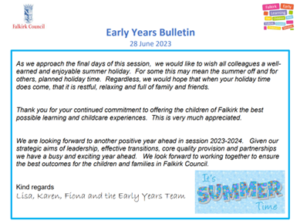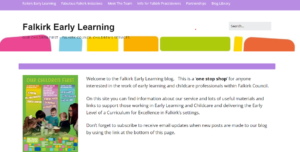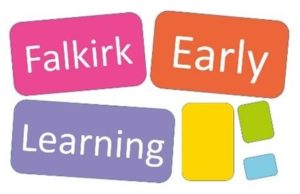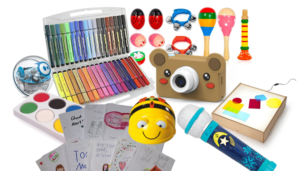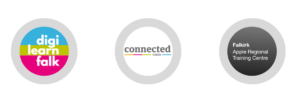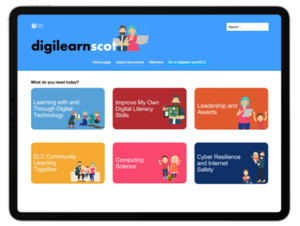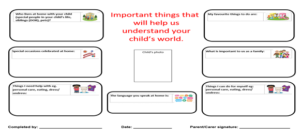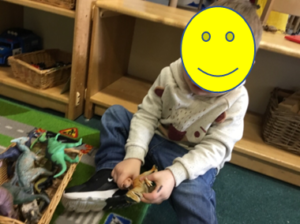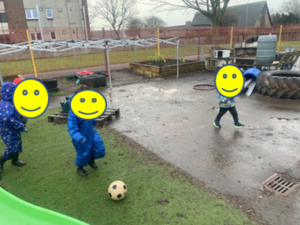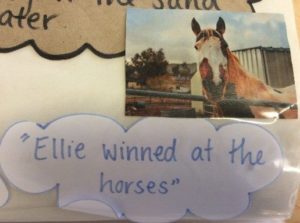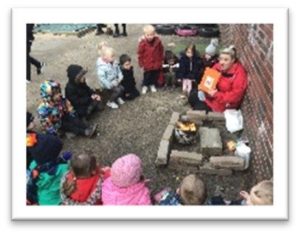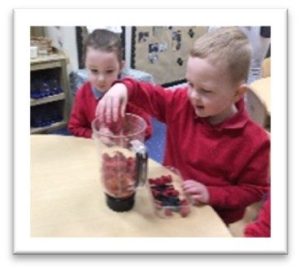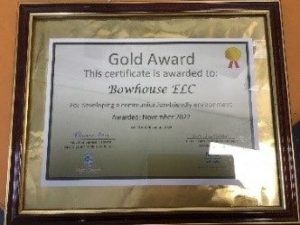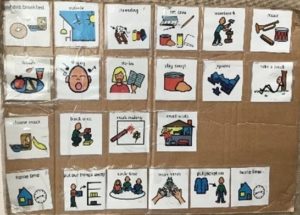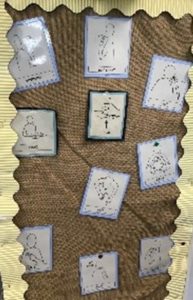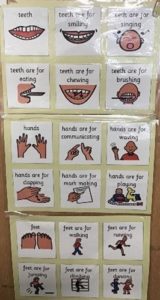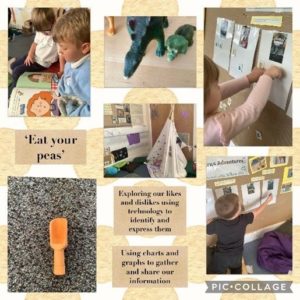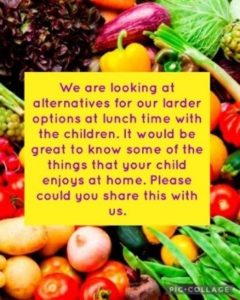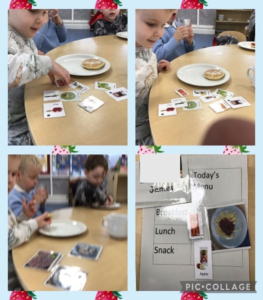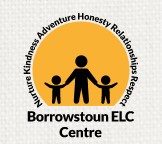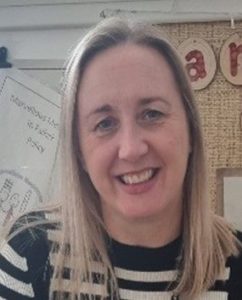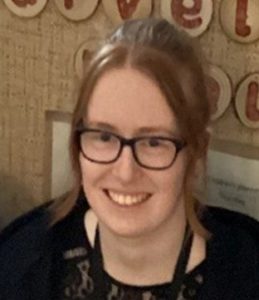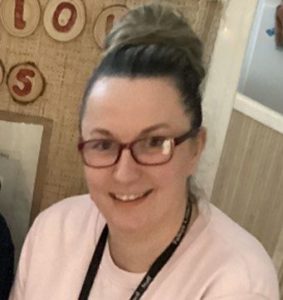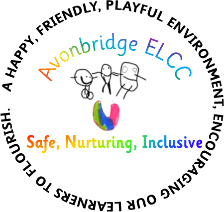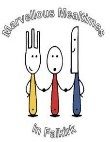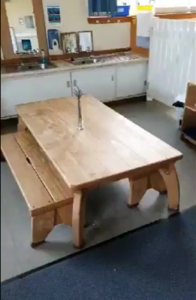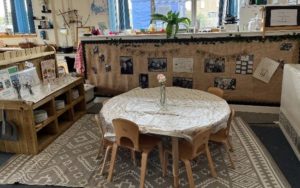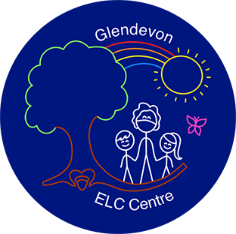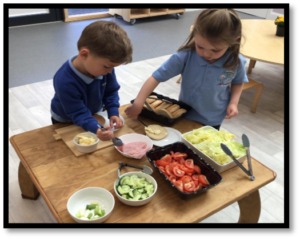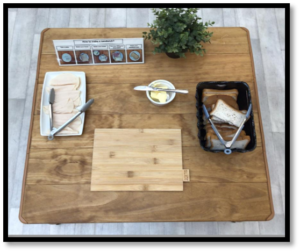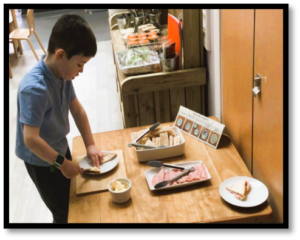Welcome to Term 1 of 2023/24 everyone!
We wanted to take this opportunity to highlight some of the methods our team use to share valuable information with you, as well as how and where you can access it.
Early Years Bulletins:
Our Early Years Bulletins are sent out on a monthly basis to our Head of Centres, Managers and Head teachers, and are also available to access on Glow. The bulletins contain up to date information from our team, Care Inspectorate updates, important dates for your diary and any policy changes you need to be aware of.
Falkirk Early Learning – CLPL and Local Information (sharepoint.com).
CLPL Calendar and CPD Manager:
Our Early Years CLPL calendar was emailed to settings on the 28th June 2023. This can also be accessed on Glow and is where you will find our teams CLPL offering this year.
Falkirk Early Learning – CLPL and Local Information (sharepoint.com).
This includes:
- Dates and content for all Leadership, PEYO and SEYO forums
- A list of CLPL available for practitioners at all levels
- Bespoke CLPL you can request for your full team
- CLPL for all support staff
- Play is the Way opportunities
- Froebelian practice support
- Self-directed materials
- Ideas hours
- 30 minute updates.
It is important to be selective as to the professional learning that supports your own or your settings improvement priorities which you may choose to complete as a full staff team or individually.
The majority of our courses are available to sign up for on CPD Manager. If you cannot find a course; wish further information about forums; or to arrange bespoke training, please speak to your cluster link teacher or the course organiser.
Please note, some of our CLPL will be delivered using a hybrid learning approach. Here you will have the option to attend in-person with the presenter, or to watch the course remotely via a live-stream on Microsoft Teams. Please make sure you sign up for your preferred option, “in person” or “online”. This also allows us to monitor candidate numbers and delivery preferences across our range of CLPL programmes.
Our self-guided CLPL continues to be available on our Glow Sharepoint. As always, we would encourage you to discuss any CLPL you take part in with your colleagues afterwards and review the impact this learning has had on your practice.
Falkirk Early Learning – CLPL and Local Information (sharepoint.com)
Blogs:
Our Falkirk Early Learning Blog is where you can access key information about our team, key information for our practitioners and our blog posts. The blog posts are completed and uploaded on an ongoing basis from our team, other services who work alongside us or guest blogs from our practitioners. You can subscribe to the blog to ensure you receive a notification when a new blog post is uploaded by following the link at the bottom of the page on the left-hand side.
Please follow us at @FCEYTeam on Twitter where we post on a daily basis. Here you will find information such as: CLPL information, guidance on grants available, up to date information from Education Scotland and Care Inspectorate, as well as any important information you need to be aware of from our team. We also love to see all the great work you are all doing in your settings so please tag us in your posts.
You may prefer to join our private Facebook group for practitioners from Falkirk ELC settings and private partner providers. This contains similar information to our Twitter page and offers a safe place to ask colleagues questions or share ideas.
Falkirk Council EY Sharing Group | Facebook
Glow Sharepoint:
Our Glow Sharepoint is your go to space for accessing a wide range of documents and guidance. The Falkirk Early Learning page is organised into 5 sections:
- Leadership and Management
- Learning, Teaching and Assessment
- Falkirk Initiatives and approaches
- Parental engagement and family learning
- CLPL and general information
In each section you will find up to date guidance, examples, templates and communication from our service, e.g. posters and bulletins, which you can access and make use of. Please familiarise yourself with this page and get in touch with your cluster link teacher if you need any support.
Please also consider signing up for our CLPL session on Thursday 14th September from 3.30 – 4pm with Kerry Abercrombie who will share guidance on how to access and make the best use of Glow. Please sign up for the session via CPD Manager.
Falkirk Early Learning – Home (sharepoint.com)

